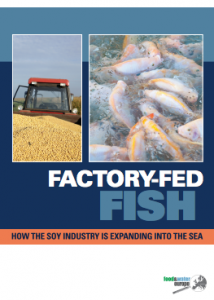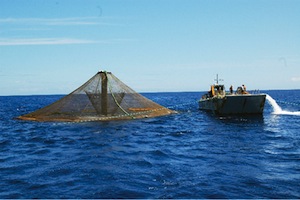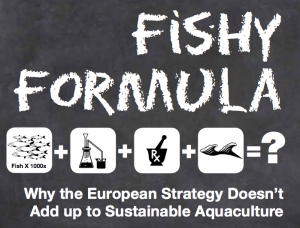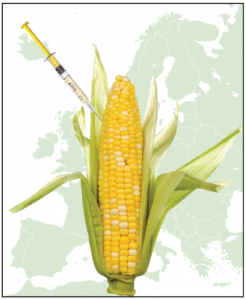Brussels—An international coalition led by Food & Water Europe wrote to the London Zoological Society today urging it to withdraw from hosting an international conference on biodiversity offsetting due to take place at the Zoo’s Regent’s Park facility in June.
UK think tank The Corner House, Italian pressure group Re:Common, Spain’s Ecologistas en Accion, the Indigenous Environmental Network in the US and Urgewald in Germany joined in calling on the Zoo to pull out of the conference, saying biodiversity offsetting does not work and other, better options are available to protect the world’s ecosystems.
“We’ve explained to the Zoo that there are many better options available, and we would expect LZS themselves to be making this point to others engaged in the ongoing discussion rather than perpetuating the dangerous myth that you can pick up an ecosystem and move it somewhere else,” said Eve Mitchell, EU Food Policy Advisor for Food & Water Europe. “The whole concept of offsetting is flawed; it even starts from the wrong place by seeking to find a way to make construction projects easier instead of making them better. It’s not surprising such a ‘solution’ is counterproductive.”
Mitchell added, “If flawed economic models and the bad behaviour of participants in economic systems have caused the problems we now face, we just don’t see how extending and complicating these institutions can be the solution. Based on the evidence from existing offsetting schemes, we firmly believe proper governmental oversight and regulation, coupled with robust enforcement and meaningful sanctions for violations, are the only real way to protect our common natural heritage from those who seek to profit from it. We urge the Zoo to join us in seeking real environmental protection. Pulling out of this conference would be a good start.”
Read the official letter here.
Contact:
Food & Water Europe – Eve Mitchel, +44 (0)1381 610 740 or +44 (0)7962 437 [email protected]




 Offshore aquaculture is factory fish farming of the sea, growing fish in huge, often over-crowded cages out in ocean waters. It can be problematic for both the environment and the economy. The waste – fecal matter, uneaten food, and any chemicals or drugs used in the operation – flows directly into the ocean, and the result could be long-term damage to the seafloor. Despite its negative impacts, the following groups push for, or would profit from, factory fish farming in the United States and Europe.
Offshore aquaculture is factory fish farming of the sea, growing fish in huge, often over-crowded cages out in ocean waters. It can be problematic for both the environment and the economy. The waste – fecal matter, uneaten food, and any chemicals or drugs used in the operation – flows directly into the ocean, and the result could be long-term damage to the seafloor. Despite its negative impacts, the following groups push for, or would profit from, factory fish farming in the United States and Europe.
